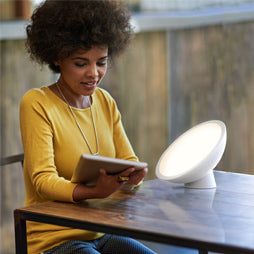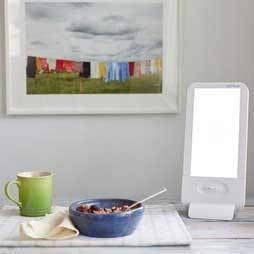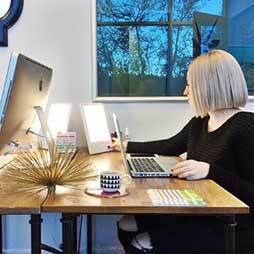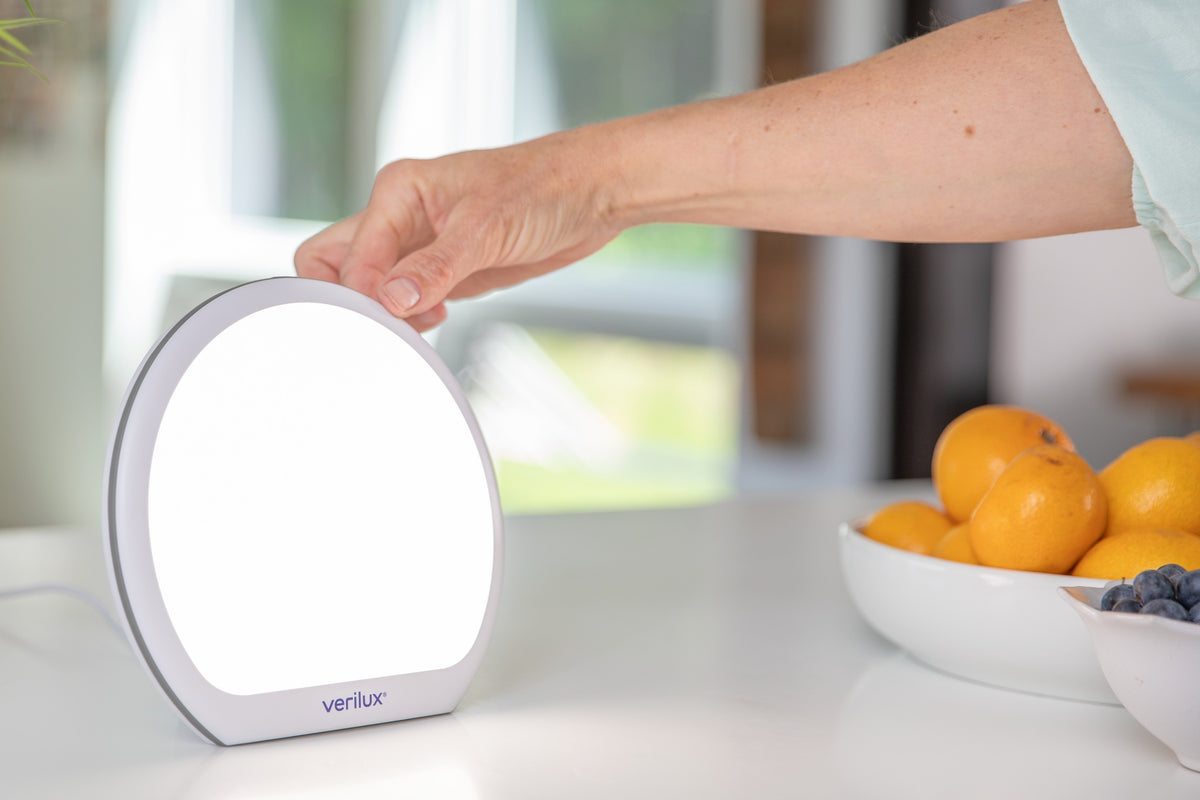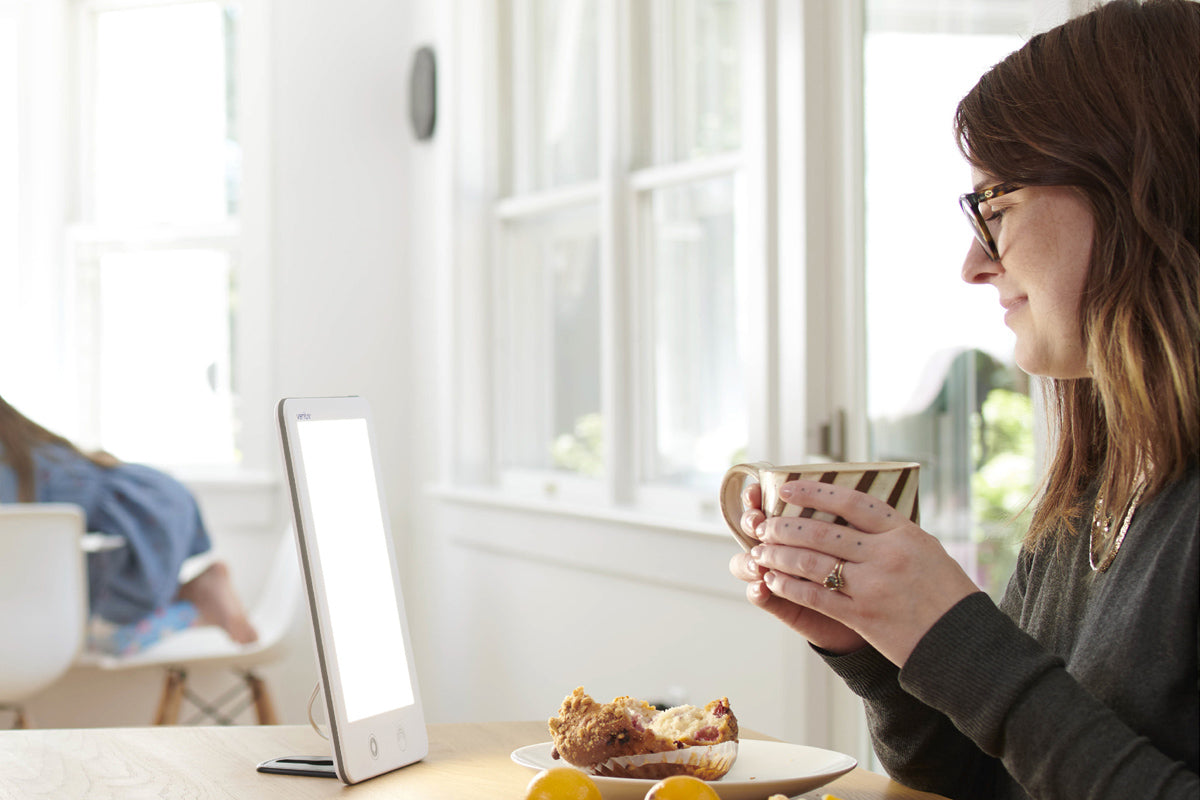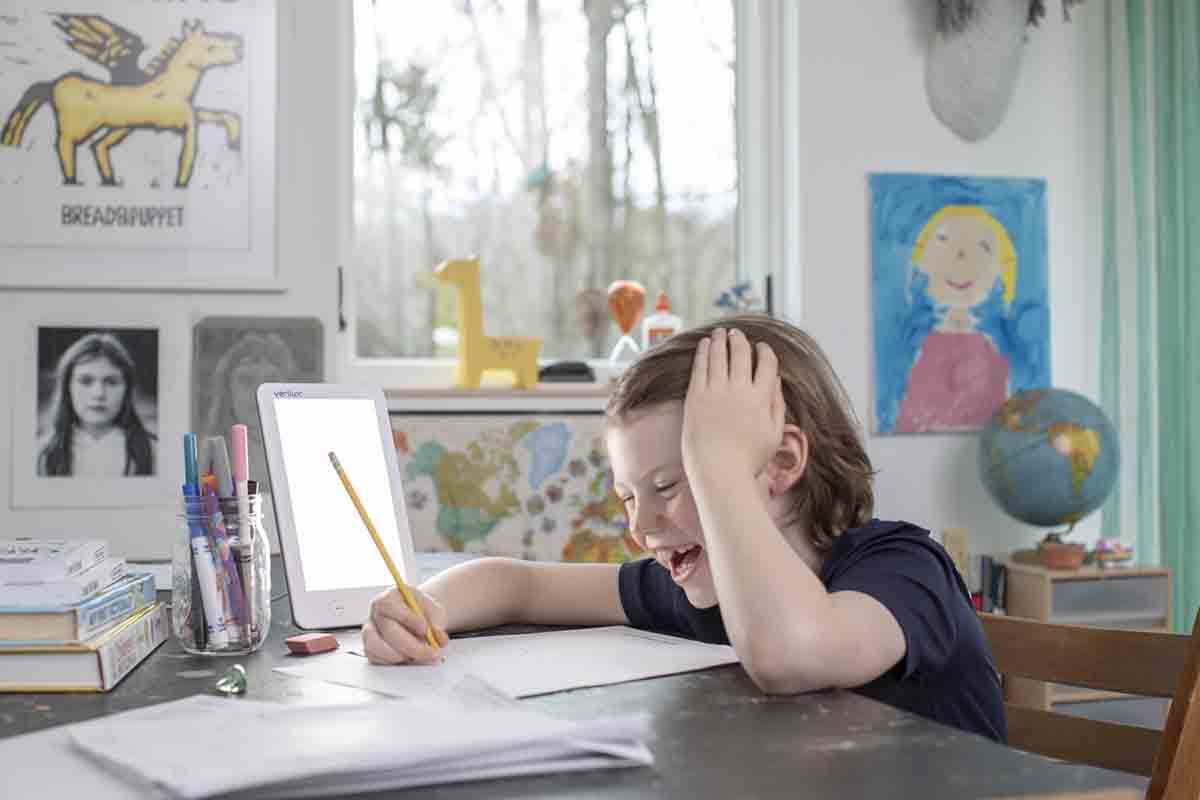Here, we put five common sleep misconceptions to bed — once and for all.
Not logging enough zzz’s? Join the club: One in 3 adults doesn’t get adequate sleep, according to the Centers for Disease Control and Prevention. But before you self-diagnose as an insomniac, there are several sleep myths that need debunking. Read on and get the rest you need to stay on top of your game, physically and mentally.
Myth No. 1: You can’t make up for lost sleep on the weekend.
Also called “repaying your sleep debt,” this one is tricky because there may be some truth to it. “If you’re chronically sleep-deprived — meaning several nights of bad sleep every week for at least 12 weeks — it is impossible to catch up on the weekends,” says David Brodner, M.D., sleep specialist at the Center for Sinus, Allergy & Sleep Wellness in Florida. However, some studies show that you might be able to make up for a couple of bad nights by sleeping in as long as you can on the weekend. Can’t make it happen? Consider napping between 2 and 5 p.m. for no more than 30 minutes; longer than that and you could mess up your sleep that night, Brodner says.
Myth No. 2: There’s no such thing as getting too much sleep.
“Studies show that people who get too much sleep will have health problems,” Brodner says. In one study, sleeping more than 10 hours per night was associated with an increased risk of metabolic syndrome, elevated triglyceride levels, a higher waist circumference and lower HDL cholesterol in women. If you do tend to sleep too much, your issues might be bigger than fatigue and may be caused by depression, diabetes, chronic pain, hormonal imbalances or sleep apnea, and they may warrant a visit to
your doctor.
Myth No. 3: Your relationship will suffer if you don’t sleep with your partner.
According to data from Ryerson University in Toronto, 40 percent of couples these days are embracing “night divorce,” in which they sleep in different beds. This often occurs because their sleep patterns don’t match or because one partner snores and keeps the other awake. And though many people believe they sleep better together, the opposite is actually true: When Ryerson researchers monitored brains of couples, they found that many people weren’t getting into the deeper stages of sleep because of sound or movement from their partner. So sleeping apart may actually improve sleep quality and, as a result, relationships.
Myth No. 4: Lying in bed awake is just as good as sleeping.
Unfortunately, the more time you spend lying awake, the more anxious you’ll get about not sleeping. Before you know it, half the night has passed. “Some people might be able to shrug off a bad night of sleep, but for those with insomnia, one night of awful sleep puts more pressure on them the next night to sleep — which can then make it even tougher to sleep,” Brodner says.
If you lie awake for 15 minutes or longer, leave the bedroom. Go to a room that’s quiet and dimly lit and read a boring book or listen to dull music. (Note: Do not use any electronics because they have been shown numerous times to disrupt sleep patterns.) When you feel sleepy, return to bed. Continue this cycle until you’re asleep.
Myth No. 5: You’ll know whether you have sleep apnea.
Sleep apnea affects more than 18 million adults, according to the National Sleep Foundation, and it is characterized by breathing that’s interrupted briefly and repeatedly as you sleep. Thought snoring is a telltale sign, you still may not know you have apnea — largely because it happens while you’re asleep. “Sleep apnea is a serious condition that, if left untreated, can cause other health problems like high blood pressure, stroke, heart disease and depression,” says Rita Aouad, M.D., assistant professor of sleep medicine at The Ohio State University Wexner Medical Center.
Moreover, women are more likely to go undiagnosed, according to the NSF, because often they don’t exhibit the classic symptoms like snoring and/or breathing pauses. Instead, they may report mood disturbances, morning headaches and fatigue. Get in touch with your doc if you experience these alternate symptoms.
Written by Karen Asp for Oxygen Magazine and legally licensed through the Matcha publisher network. Please direct all licensing questions to legal@getmatcha.com.


